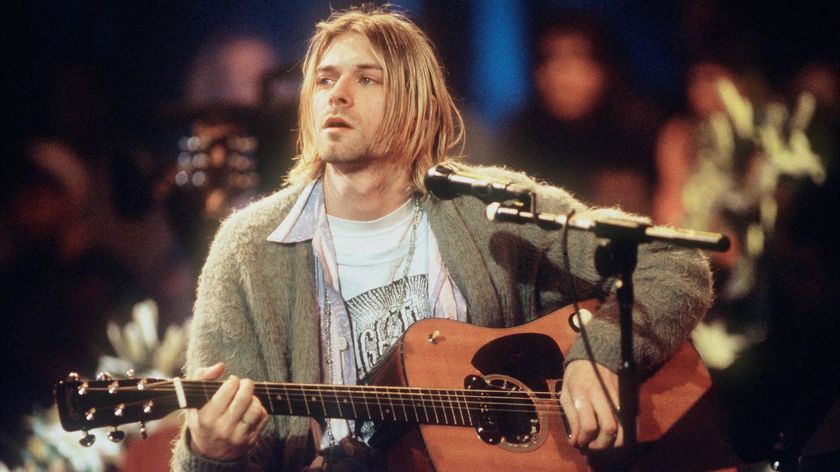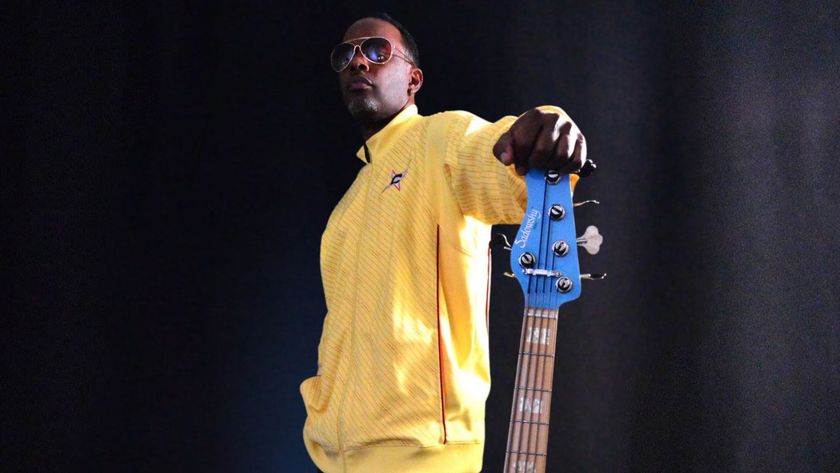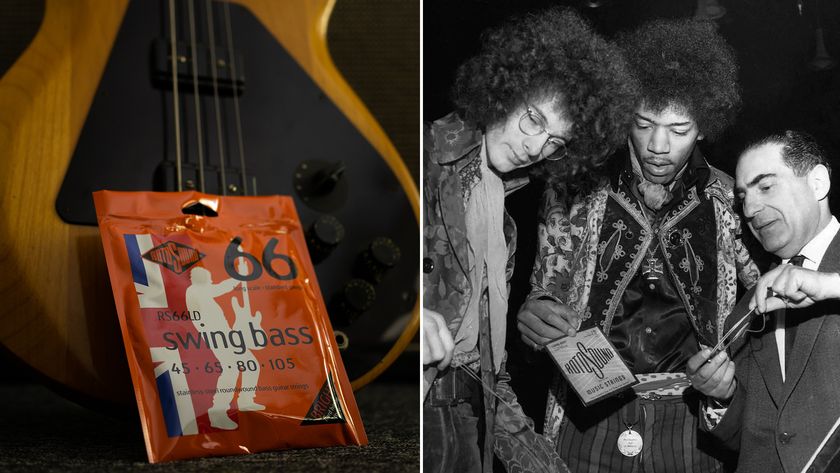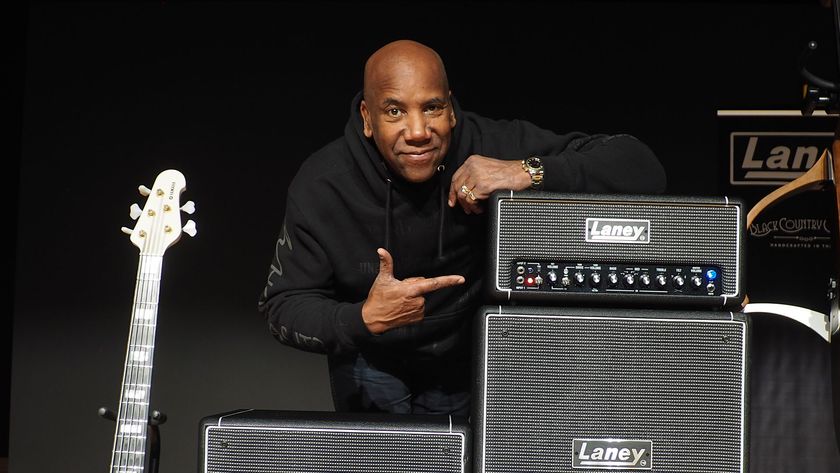Interview: Alcest Mainman Neige Talks About the Songwriting Process

Throughout a career that has now spanned 12 years, French atmospheric metal band Alcest have been known to experiment with their musical style on each of their three studio albums and various other EPs and split releases.
Their latest full-length album, Les Voyages de l'Âme, came out in January, and it showcases mainman Neige achieving new levels of musicianship. It's easily the most complex, progressive and dreamy album they've put out thus far.
The band is all set to begin their North American headline tour this weekend, and fans would be looking forward to experience these new tunes in the live setting. Recently, I caught up with Neige to talk in detail about the songwriting approach he adopted for this album.
Read the conversation below, and check out the band's official Facebook page for all the tour dates and other info. If you haven't yet heard the album, you can also read a review of it here.
I feel the new album is more dynamic than your previous efforts.
Yeah, but I think the new album really needs to be listened to, to be understood and to go into the music, because it's a very balanced album and very complex, with many parts, many riffs and many different kinds of atmospheres. I think if you listen to it several times, you can notice these atmospheres. It's a very diverse album, and its main aspect is that it's the most ethereal Alcest record to date. It has a very strong ethereal atmosphere, very other-wordly and very special.
Of course, there is the black metal element in it, but there is much more to it. Do you think it will widen your fan base to beyond just black-metal fans?
Get The Pick Newsletter
All the latest guitar news, interviews, lessons, reviews, deals and more, direct to your inbox!
Maybe. For me, Alcest never was black metal. Our first demo was black metal, but from that point on, I don't think our music has been black metal, because if has some blast beats and some screams, the atmosphere is so different. It's almost the opposite of black metal for me. It's very uplifting, very dreamy, very fragile. I just took some elements from black metal, but I did that with an aim of making something different out of it. So I don't think we can say there is black metal in Alcest. That's why many people don't understand this music, because they listen to it in comparison to black metal. I really want to insist on this point, because it seems that many people are expecting the wrong things from this music.
It took less than two years after the last album to release this one. Would you say this one came to you the quickest, in terms of writing the material?
It was one of the quickest, but it was actually more difficult than others, because I spent so much time and it was a huge amount of work. I really wanted to make something good. I want to push further the limits of this music, and for me, this is the end of an era. This album is the summary of what I've done before. The concept has been pushed to a different level than before, and that's why it sounds so other-worldly and dreamy, I think. It's complex and very progressive in a way. I think it's very melodic, and I spent a lot of time in the melodies to find good riffs.
Which of the songs took the longest to write?
It was the title track, "Les Voyages de l'Âme." The structure was really hard to write. I did six or seven versions of this song to find the right structure. I didn't spent a lot of time on the melodies for this one, but just on the structure, to find a way to gather all the riffs.
Last October, you toured North America with Enslaved. What was that experience like?
It was very pleasant. Everything went in a very smooth way. Those guys were great musicians, great people. Even the third band, Junius, is excellent. There was really nothing to complain about. Good music, great audience almost every night. Maybe there was one show that was, not really bad, but not very crowded. But other than that, it went great.
Ghost dropped off that tour just a couple of weeks before it began, and you became main support. Did that affect your preparation?
Yeah, we had to work just a bit more to do our thing. It was may be just 10 or 15 minutes more every night, which is just about one Alcest song (laughs). It was sad that they [Ghost] cancelled, but I must say the new billing was great as well. So yeah, it did not change a lot of things for us.
How important is it to capture your on-stage sound on the album? Would you say your albums sound exactly like the band sounds on stage?
No, I think it sounds different on stage and on the album, because if it sounds exactly the same, maybe that's not so good. I like when a band sounds similar on stage as they do on their albums. If I like a band is using distorted guitars or heavy parts, I don't want them to play acoustic versions of those songs on stage. But I think for us the vibe is really different.
The recordings are ... maybe softer than how we play the same songs on stage. On stage we are more powerful, a bit more intense and the sound is very loud. There is much less of effects, it's more spontaneous, and on recordings there is a lot of work on the songs to create an atmosphere. But the songs are played in the same way. There is no structure change or riff change. It's basically the same, but we can't play all the parts and all the arrangements because we have just two guitarists on stage while sometimes there are more than two lead guitars in the recordings.
Do you try to write music as much as possible, whenever you get time, or do you stop writing after a new album is done?
I don't do it because I have to. It's because I need to compose. It's the thing I like doing most in life, to make music and create melodies. It's very natural for me. As soon as I have some free time for myself, I take my guitar, play along and try to find some new ideas. I like to play music all the time.
Andrew Bansal is a Los Angeles-based writer who has been running his own website, Metal Assault, since early 2010, and has been prolific in covering the hard rock and heavy metal scene by posting interviews, reviews and pictures on his website -- with the help of a small group of people. Besides being hugely passionate about heavy metal, he is an avid follower of jazz music and recently started a blog called Jazz Explorer to pursue that interest.
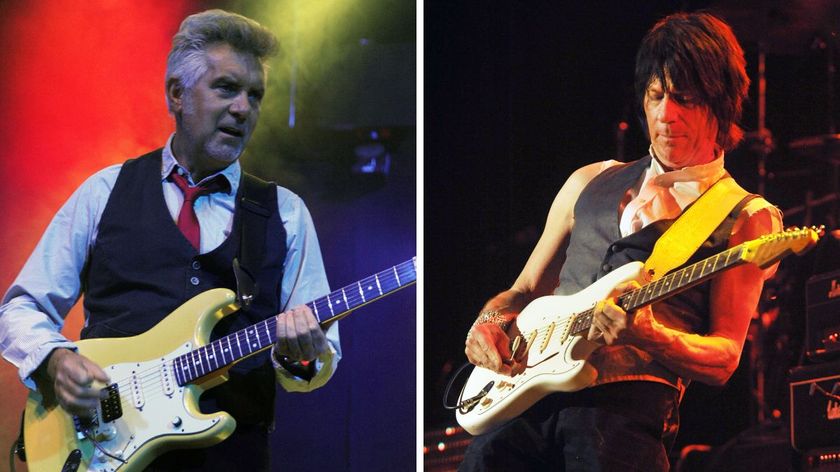
“Jeff was playing through his dodgy Marshall and didn’t like the sound. He said, ‘We’ll do it again, later on…’” Mick Rogers may be in possession of Jeff Beck’s last-ever studio recording

“I could try and recreate his vibrato for the rest of my life. It’s never going to happen. If I got to play his guitar through his rig, it’s not gonna sound like him”: Tony Iommi changed his life – now Scott Ian is playing Sabbath’s last stand
